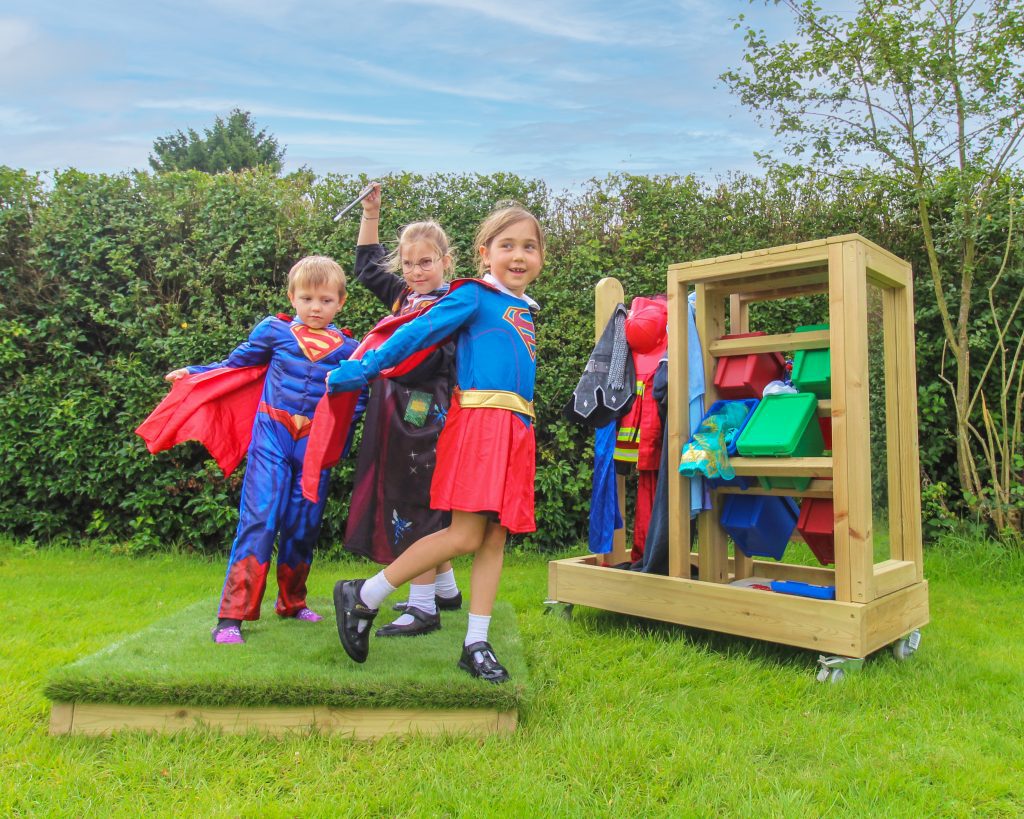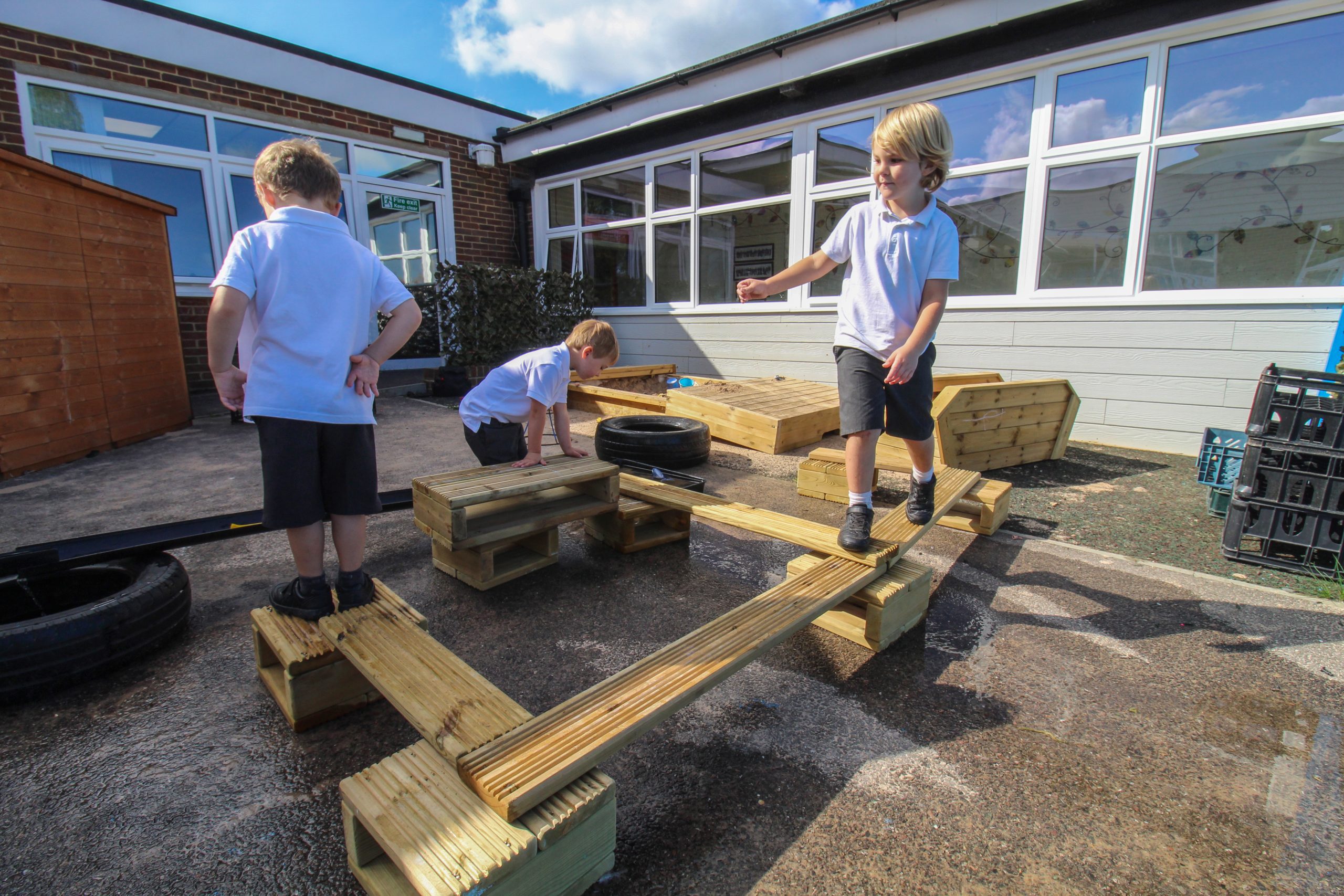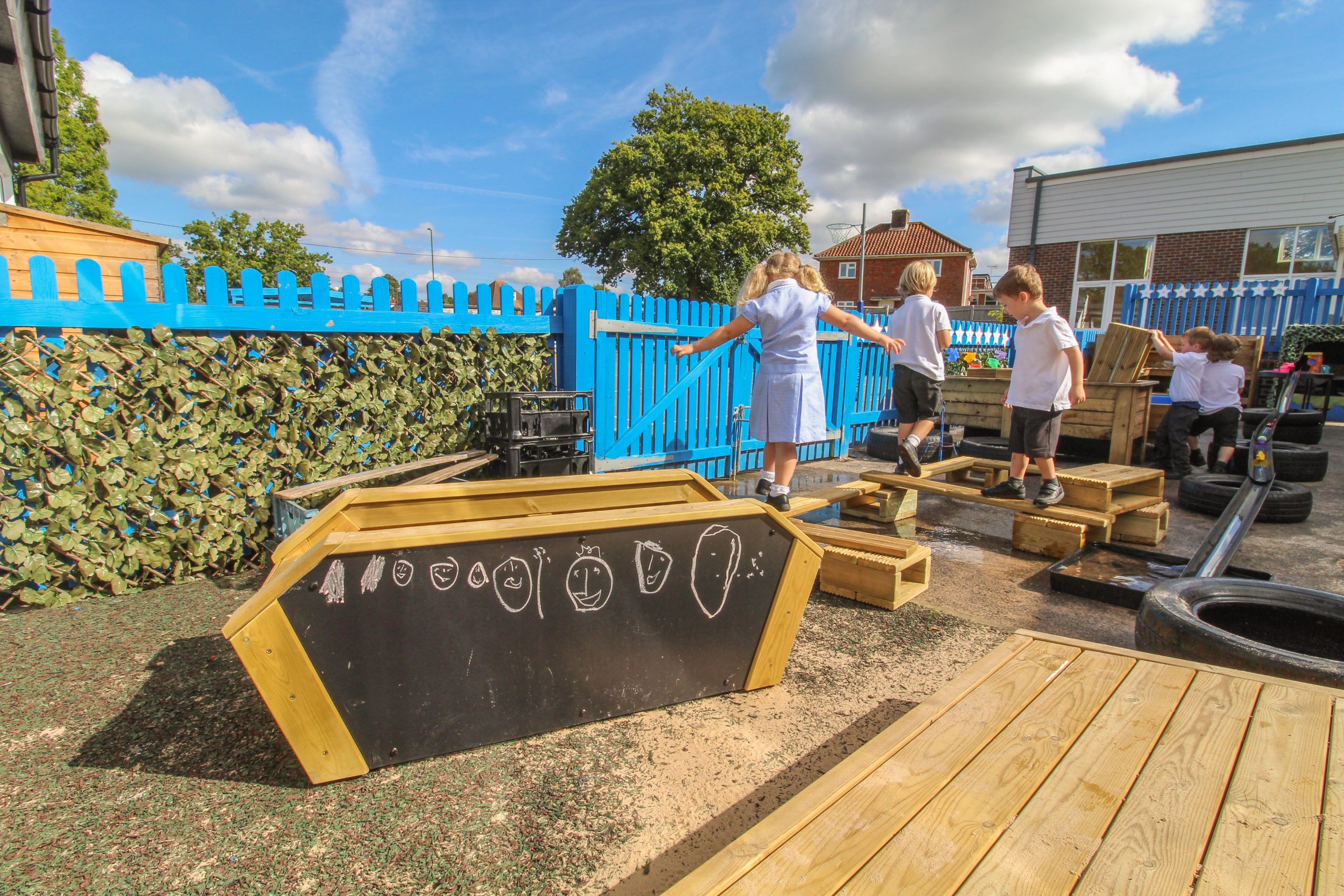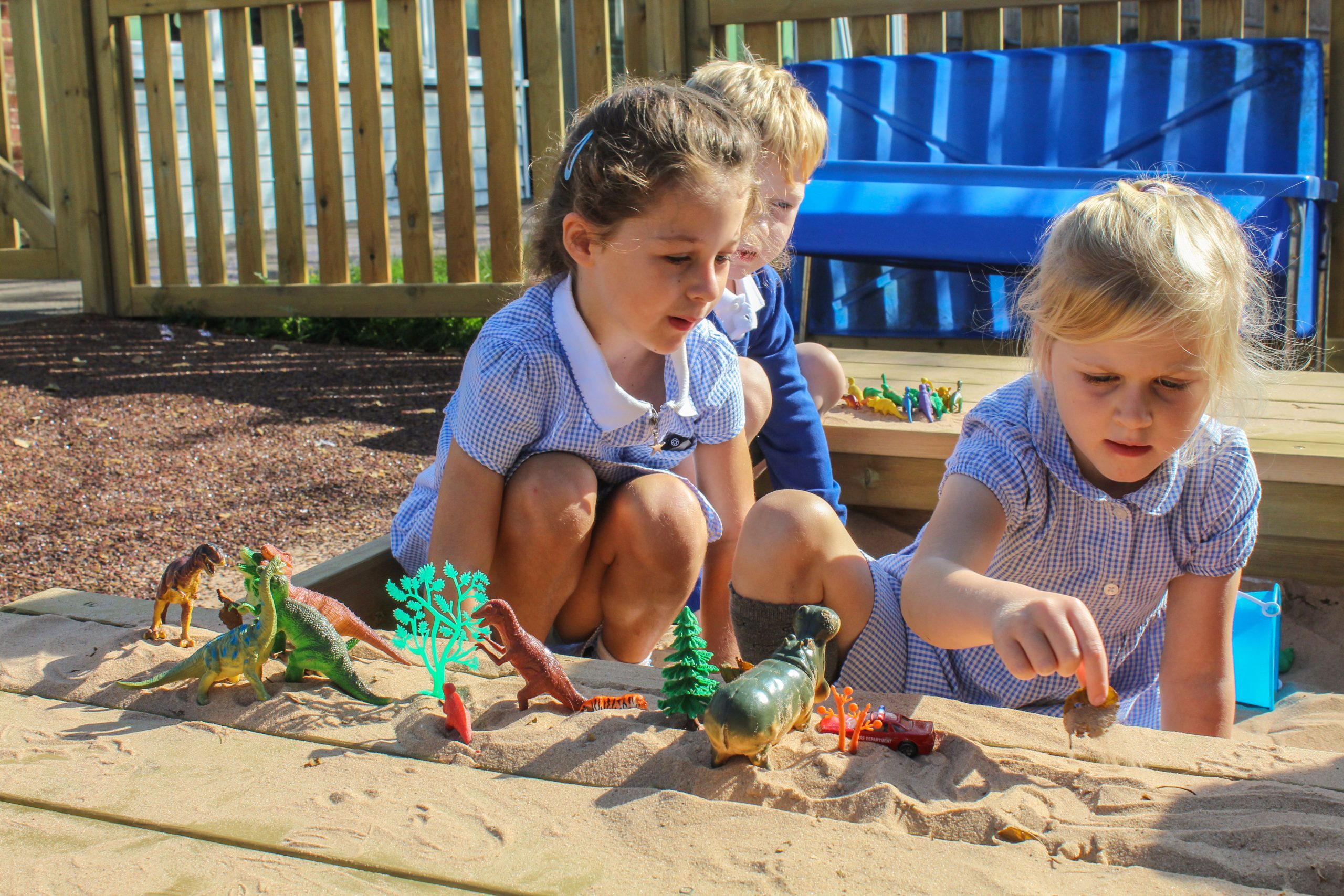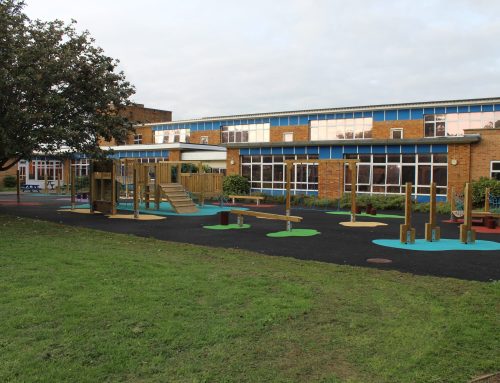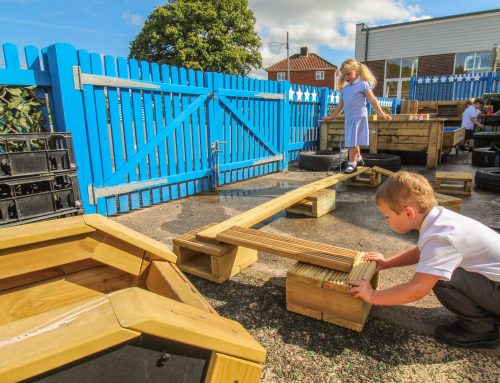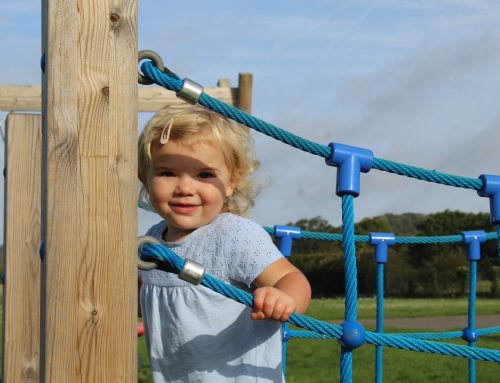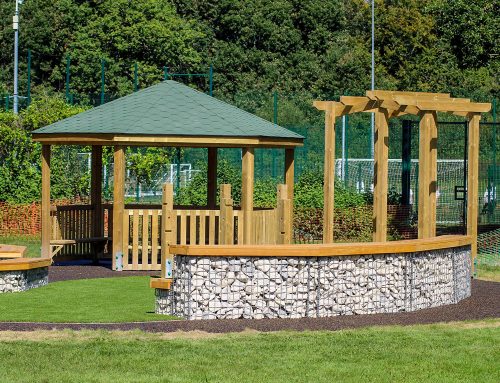In a world dominated by screens, the value of face-to-face social interaction for children is more important than ever. Outdoor play offers a natural and dynamic environment where kids can build social skills, teamwork, and communication. In this blog, we’ll explore how outdoor play contributes to children’s social development and why it’s an essential part of a well-rounded education.
The Social Benefits of Outdoor Play
- Teamwork and Collaboration
Outdoor play encourages kids to work together. Whether it’s building a fort, playing a team sport, or organising a treasure hunt, these activities foster teamwork, cooperation, and goal-setting. - Communication Skills
Unstructured play requires kids to communicate with each other. Whether it’s discussing game rules, sharing creative ideas, or talking about their day, outdoor play helps children develop important communication skills. - Conflict Resolution
Not all playtime is smooth, and that’s okay. Disagreements provide valuable opportunities for kids to practice resolving conflicts, compromising, and showing empathy. - Leadership Development
Outdoor play often brings out natural leaders. Whether leading games or organising activities, children learn leadership and responsibility through play. - Building Friendships
Playing outdoors helps kids form friendships in a relaxed setting. Shared experiences and fun adventures create strong social bonds that last beyond playtime.
Practical Ideas for Social Interaction Through Outdoor Play
- Playground Games
Classic games like tag, hide-and-seek, and capture the flag spark social interactions while teaching turn-taking and fair play. - Nature Exploration Groups
Encourage group nature walks, scavenger hunts, or outdoor explorations where kids share their findings and ideas, boosting communication and collaboration. - Community Gardening Projects
Create a school garden where children work together to plant, water, and harvest, teaching them teamwork and shared responsibility. - Outdoor Classroom Sessions
Take learning outdoors! Holding discussions, storytelling, or experiments in nature encourages collaboration and communication in a fresh setting. - Art and Creative Expression
Offer outdoor spaces for creative activities like sidewalk chalk art or painting, where kids can share ideas and work together on artistic projects.
Outdoor play is more than a break from the classroom; it’s a place where kids develop crucial life skills. As parents, educators, and caregivers, it’s important to recognise the lasting impact of outdoor play on social interactions. By encouraging outdoor exploration, we help children build the social skills they need for a future of empathy, cooperation, and strong relationships. In the pursuit of academic success, let’s not forget the power of the great outdoors in shaping the social fabric of their lives.

